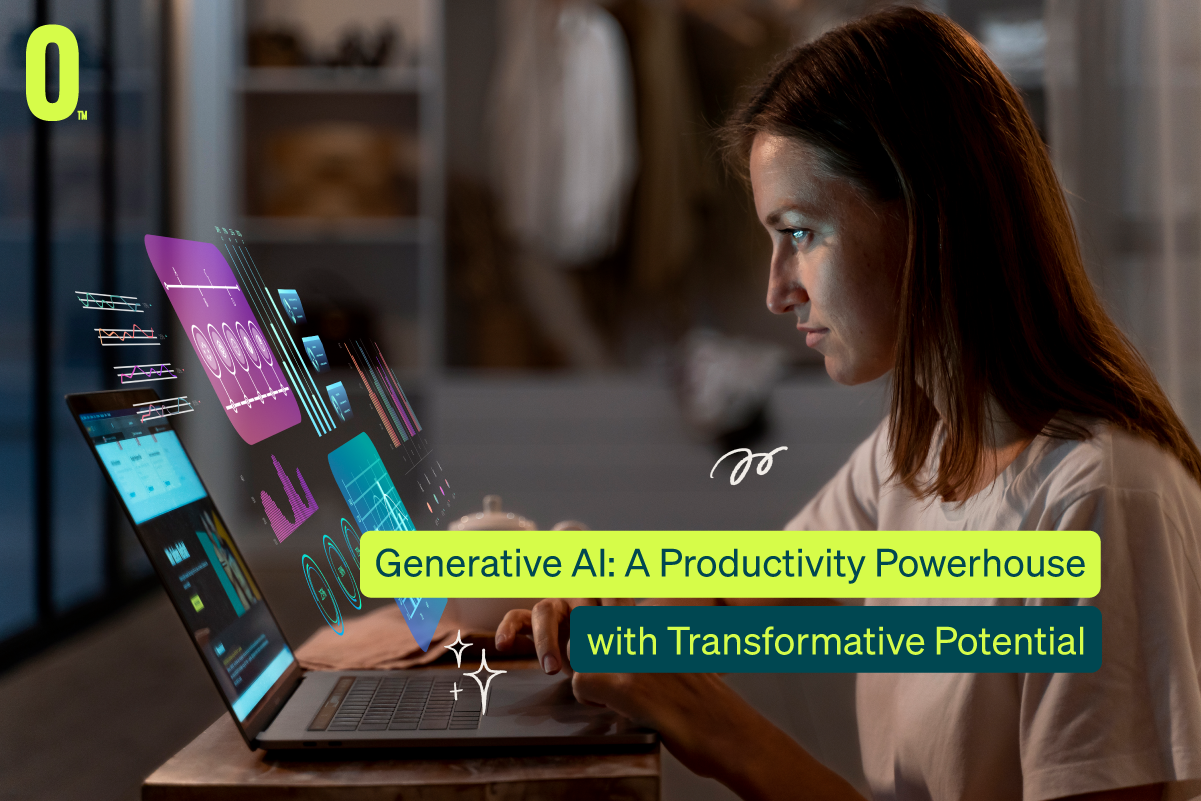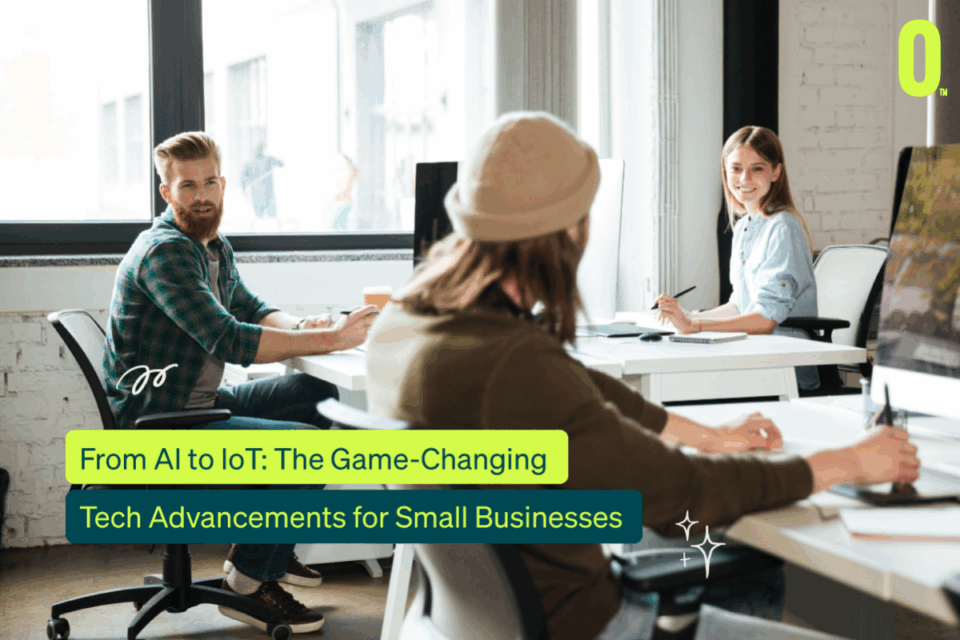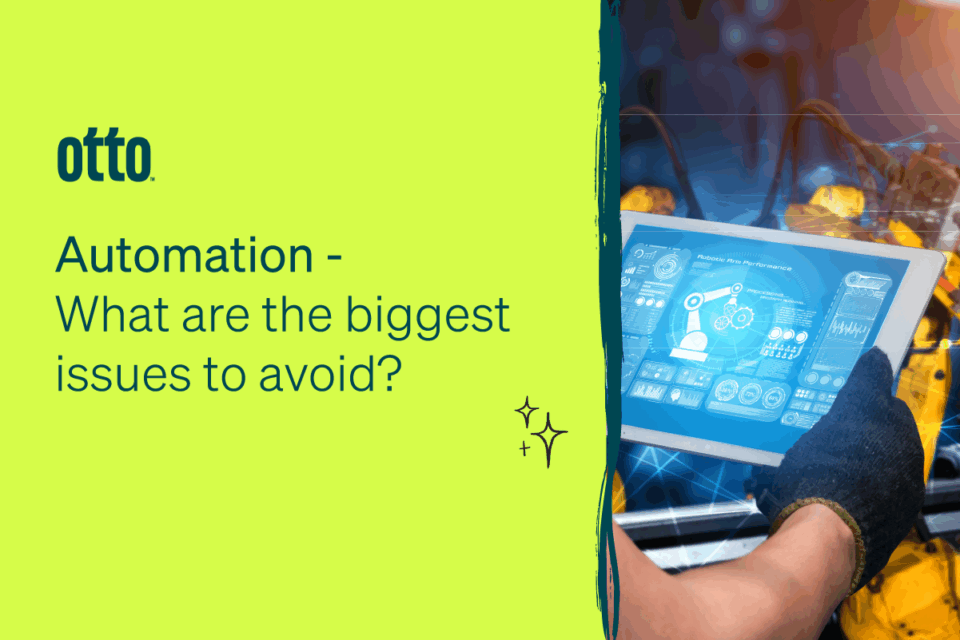
Generative AI is rapidly evolving from a science fiction concept to a reality with the potential to revolutionise the global economy. This powerful technology has the potential to unlock trillions of dollars in value by automating tasks, boosting productivity, and driving innovation across a wide range of industries.
A Wellspring of Value: Trillions in Economic Impact
A recent McKinsey study paints a compelling picture of generative AI’s economic potential. The study estimates that generative AI could add an astounding $2.6 trillion to $4.4 trillion annually to the global economy across 63 analysed use cases. This translates to a 15 to 40 percent increase in the overall impact of artificial intelligence. For context, the entire UK GDP in 2021 was only $3.1 trillion – highlighting the sheer magnitude of generative AI’s potential impact. This estimate becomes even more significant when considering the potential for embedding generative AI into existing software, further multiplying its reach and impact.
Where the Value Lies: Key Beneficiary Areas
The study identifies four key areas that stand to benefit most from generative AI:
- Customer Operations: Generative AI can streamline customer interactions, personalise experiences, and automate tasks, leading to improved customer satisfaction and reduced operational costs.
- Marketing and Sales: Generating creative content, tailoring marketing campaigns, and automating lead nurturing are just a few ways generative AI can empower marketing and sales teams.
- Software Engineering: The technology can automate repetitive coding tasks, generate code from natural language prompts, and improve software development efficiency.
- R&D: Generative AI can accelerate research processes by automating data analysis, generating design prototypes, and exploring potential solutions through simulations.
Industry Transformation: A Sector-by-Sector Impact
The impact of generative AI will be felt across all industries, but some sectors stand to gain more than others. Banking, high tech, and life sciences are particularly well-positioned to benefit, with potential value generation reaching $200 billion to $340 billion annually in the banking sector alone. Retail and consumer packaged goods see significant potential as well, with a projected impact of $400 billion to $660 billion a year.
Reshaping the Workforce: Augmentation and Automation
Generative AI has the potential to significantly change the nature of work. By automating routine tasks, it can augment the capabilities of human workers, allowing them to focus on higher-level cognitive tasks. Current generative AI and other automation technologies have the potential to automate 60 to 70 percent of employee activities, a significant leap from previous estimates of 50 percent automation. This increased automation potential is largely due to generative AI’s ability to understand natural language, a crucial skill for automating tasks that encompass a significant portion of work time. However, it’s important to note that generative AI is likely to have a greater impact on knowledge work associated with higher-wage occupations than on manual labour.
The Pace of Change: Acceleration of Automation
The rapid development and adoption of generative AI are likely to accelerate the pace of workforce transformation. McKinsey’s updated adoption scenarios suggest that half of today’s work activities could be automated between 2030 and 2060, with a midpoint of 2045. This is a decade earlier than previously estimated, highlighting the transformative potential of generative AI.
Productivity Powerhouse: Fuelling Economic Growth
Generative AI can be a significant driver of economic growth by boosting labour productivity. The study estimates potential annual productivity growth of 0.1 to 0.6 percent through 2040, depending on the rate of adoption and redeployment of human resources into new activities. When combined with other automation technologies, this number could rise to 0.5 to 3.4 percentage points annually, translating to a substantial boost for the global economy.
Navigating the Road Ahead: Challenges and Opportunities
While the potential benefits of generative AI are immense, significant challenges need to be addressed to ensure its successful integration into the workforce and society. These include:
- Managing Risk: Generative AI, like any powerful technology, carries inherent risks such as bias, security vulnerabilities, and potential misuse.
- Workforce Upskilling: As tasks get automated, workers will need training and support to acquire new skills and adapt to an evolving work environment.
- Rethinking Business Processes: Organisations will need to re-evaluate training, development, and reskilling programs to prepare their workforce for the generative AI era.
A Call to Action: Embracing the Future
The era of generative AI is upon us, and its impact on businesses and society will be profound. By proactively addressing the challenges and embracing the opportunities, leaders can harness the power of generative AI. To thrive in the generative AI era, organisations and individuals alike can adopt several strategies:
For Organisations:
- Identify High-Impact Use Cases: Carefully analyse internal processes to identify tasks that can benefit most from generative AI. Focus on repetitive tasks, content creation, data analysis, and areas where automation can enhance productivity or customer experience.
- Invest in Building Expertise: Developing in-house expertise or partnering with AI specialists is crucial for successful implementation and maximising the benefits of generative AI.
- Foster a Culture of Innovation: Create an environment that encourages experimentation and exploration of generative AI solutions. Encourage cross-functional collaboration between IT, business units, and data scientists.
- Upskilling and Reskilling Programs: Investing in programs that equip employees with the skills needed to work alongside and leverage generative AI effectively is crucial. Focus on critical thinking, problem-solving, creativity, and data literacy.
- Focus on Human-AI Collaboration: Generative AI is a powerful tool, but it’s not a replacement for human ingenuity. The focus should be on creating a collaborative environment where humans and AI work together to achieve optimal results.
For Individuals:
- Embrace Continuous Learning: The landscape of work is constantly evolving. Maintaining a growth mindset and actively seeking opportunities to learn new skills is essential for success in the generative AI era.
- Develop Data Literacy: Understanding how data is collected, analysed, and used is becoming increasingly important. Data literacy empowers individuals to interpret information from AI outputs and leverage it for better decision-making.
- Sharpen Soft Skills: The ability to communicate effectively, collaborate with diverse teams, and solve complex problems will remain essential in an AI-powered world.
- Focus on Uniquely Human Skills: While AI excels at automation and data analysis, uniquely human skills like creativity, empathy, and critical thinking will continue to be highly valued.
A Generative Future: A Collaborative Endeavor
The successful integration of generative AI requires a collaborative effort from organisations, governments, and educational institutions. By proactively addressing the challenges, investing in upskilling the workforce, and fostering a culture of innovation, we can unlock the immense potential of generative AI to create a more productive, sustainable, and inclusive future. Generative AI is not a threat to replace humans; it’s an opportunity to augment our capabilities and create a brighter future for all. With responsible development, ethical implementation, and a focus on human-AI collaboration, generative AI can be a powerful tool for progress and positive change.
IT Outsourcing and Strategy – Affordable Solutions for the Future of Work
The era of AI is reshaping the Australian workforce and economy, promising significant productivity gains but also necessitating workforce reskilling and upskilling. As roles evolve and technology plays an increasingly central role in businesses across sectors, SMBs can turn to our ISO27001 certified MSP for affordable IT outsourcing solutions.
Our comprehensive services, including IT support, cloud services, cybersecurity, and C-level IT strategy consulting, are tailored to meet the unique needs of SMBs. Embrace the future with confidence, and let our MSP empower your business to thrive in the age of generative AI. Let’s chat.
managed it support articles
Related Blog Articles
Discover more insights to optimise your business with the latest IT trends and best practices. Stay ahead of the curve by learning how to leverage cutting-edge technology for success. Explore expert advice and valuable guidance to navigate the evolving world of IT solutions






